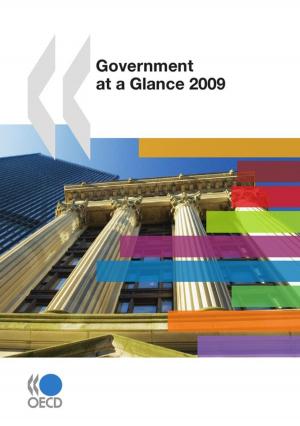| Author: | Collectif | ISBN: | 9789264305984 |
| Publisher: | OECD | Publication: | August 30, 2018 |
| Imprint: | OECD | Language: | English |
| Author: | Collectif |
| ISBN: | 9789264305984 |
| Publisher: | OECD |
| Publication: | August 30, 2018 |
| Imprint: | OECD |
| Language: | English |
The Turkish economy bounced back strongly after the failed coup in July 2016 but going forward growth is set to be closer to potential. The exchange rate has depreciated considerably, inflation is high and so is the current account deficit. Growth has been overly dependent on consumption and external savings and should be rebalanced by improving export performance. There is ample room to improve the quality of governance, including with respect to fiscal, monetary and macroprudential policy. Progress in these areas would help bring about disinflation and reduce risk premia, thus lowering financing costs. Coupled with increased foreign direct investment, this would contribute to improve the quality of business capital formation, and to generate high-quality sustainable jobs for the rapidly expanding labour force.
SPECIAL FEATURE: UPGRADING BUSINESS INVESTMENT
The Turkish economy bounced back strongly after the failed coup in July 2016 but going forward growth is set to be closer to potential. The exchange rate has depreciated considerably, inflation is high and so is the current account deficit. Growth has been overly dependent on consumption and external savings and should be rebalanced by improving export performance. There is ample room to improve the quality of governance, including with respect to fiscal, monetary and macroprudential policy. Progress in these areas would help bring about disinflation and reduce risk premia, thus lowering financing costs. Coupled with increased foreign direct investment, this would contribute to improve the quality of business capital formation, and to generate high-quality sustainable jobs for the rapidly expanding labour force.
SPECIAL FEATURE: UPGRADING BUSINESS INVESTMENT















